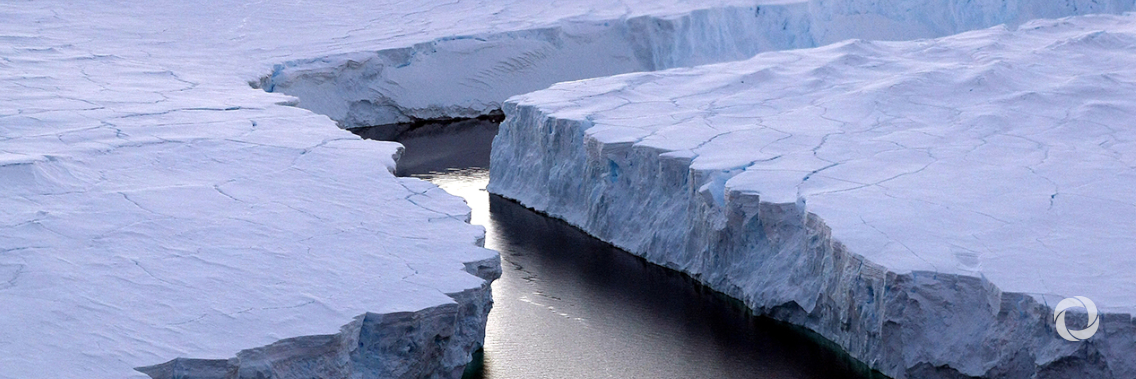Climate action will be both a priority and a driver of world affairs through the coming decade, according to United Nations Secretary-General António Guterres.
Presenting his 2020 programme and plans for the Decade of Action to diplomats and journalists, Mr. Guterres drew on World Meteorological Organization data to highlight the “vicious circle” of climate change.
“Analysis from the World Meteorological Organization showed that 2019 was the second hottest year on record, and that ocean heat content is at a record level,” he told the UN Group of Friends on Climate and Security.
2019 concluded the warmest five-year and ten-year periods on record, with accelerating sea-level rise, shrinking ice and much high-impact weather. The average global temperature last year was 1.1°C above the pre-industrial level. Each decade since the 1980s has been warmer than the previous one.
New data from the Copernicus Climate Change Service/ECMWF showed that last month the global temperature was warmer than any previous January in this data record, slightly ahead of January 2016 (at 0.03°C warmer), when there was a powerful El Niño. For Europe, it was the warmest January on record, 3.1°C warmer than the average January in the period 1981-2010. Average temperatures were especially high over large parts of northeastern Europe and the Russian Federation, in some areas more than 6°C above the 1981-2010 January average.
“As oceans warm, ice melts, and we lose the vital service the ice sheets perform: reflecting sunlight, thus further increasing ocean warming. As the oceans warm, sea levels rise and more water evaporates, fueling ever-greater rainfall, threatening coastal cities and deltas. Last year, ocean heat and mean sea level reached their highest levels on record,” Mr. Guterres said.
“And as forests burn, the world loses vital carbon sinks and emissions skyrocket. The smoke from Australia’s fires is now itself a literal vicious circle — circling the globe, releasing the equivalent of as much as six months of the country’s total carbon emissions in 2018. What happens in Australia doesn’t stay in Australia – and the same can be said about any part of the world,” added Mr. Guterres.
Mr. Guterres said that key international conferences in 2020 are opportunities for climate action. The Sustainable Transport Conference, which takes place in May, is a chance to “align our mobility systems with a climate-neutral world”.
In June, the Oceans Conference will be an opportunity to “reverse and end the assault on the world’s marine ecosystems and resources, including the rising tide of plastics pollution”, and at the Biodiversity COP15 conference in October, the world must “move decisively towards an ambitious post-2020 global biodiversity framework. Let’s not forget that one million species are in the near-term danger of extinction”.
Secretary-General said that it is essential that the next UN climate conference, set to take place in Glasgow in November, is a success, following the “disappointment” of COP25.
Original source: WMO
Published on 04 March 2020

